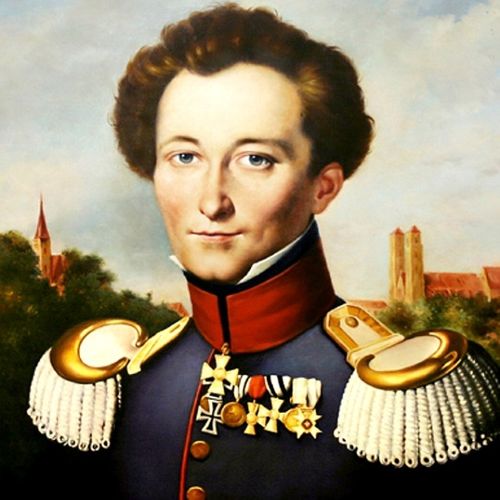Why Clausewitz is never more relevant
Mar 14, 2022 · 6 mins read
0
Share

War is never random violence
Carl von Clausewitz's On War (1832) covers all the traditional ground of war logistics and strategy, but it stood out due to its insights into the psychology of war and its political dimension.
Save
Share
Clausewitz gave us the expression ‘the fog of war’ (“War is an area of uncertainty; three quarters of the things on which all action in War is based are lying in a fog of uncertainty to a greater or lesser extent.”) and also the notion of war as ‘policy’.
Save
Share
War is “an act of force to compel our enemy to do our will”. If one side holds back, worrying about the loss of life, they will immediately lose the upper hand. Moderation in war is a “logical absurdity”. War is by nature a matter of extremes.
Save
Share
War is “never an isolated act”. It doesn’t happen spontaneously, and if we are surprised by its onset it suggests that we were seeing the potential enemy in terms of our own expectations, not reality.
Save
Share
Policy turned violent. War is not a random act of violence brought on by emotion, but is the result of some unresolved political issue: “War Is Merely The Continuation Of Policy By Other Means.”
Save
Share
War may be politics taken to a crazy extreme, but it is still politics. “The political object is the goal… war is the means of reaching it”, Clausewitz says.
Save
Share
If a nation is not united behind a war effort, the soldiers know it, and the military operations will be half-hearted: “the conflict will seem increasingly political in character”.
Save
Share
To be successful, war must involve 1) “primordial violence, hatred and enmity” – the concern of the people; 2) Probability and chance – a matter for the generals planning the moves; and the Policy or rationale – the job of politicians.
Save
Share
Without full recognition of the power of each element, the act of going to war is flawed from the start.
Save
Share
Defense is much more powerful in war than offense, Clausewitz repeatedly says. Wearing down the enemy by making the conflict more costly than it is worth is used by a weak power against a strong one. Does it have the heart for it or the will for it?
Save
Share
0